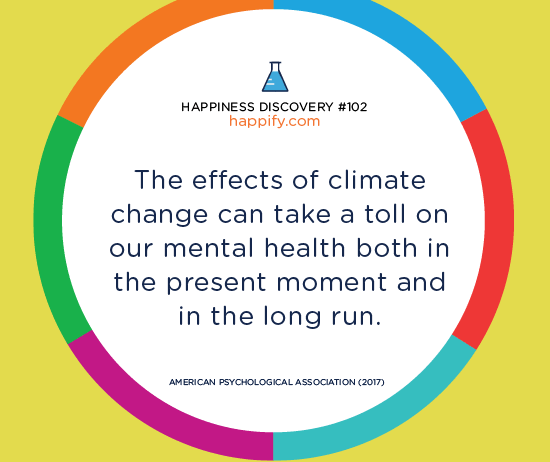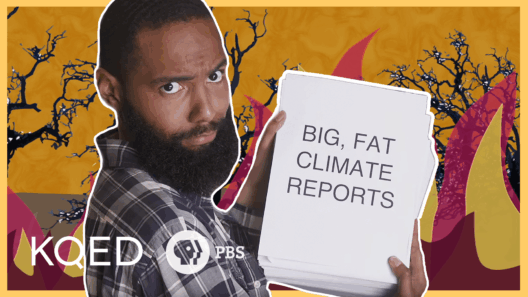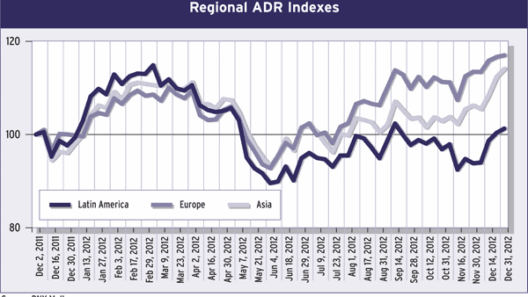As the sun rises higher in the sky, casting a glaring light on the melting glaciers of the polar regions, an unsettling truth stirs within us, stirring emotions akin to a tempestuous sea. Global warming is not merely a scientific phenomenon; it is a profound emotional ordeal that reverberates through our collective psyche. This emotional toll surfaces in myriad ways, affecting individual mental health, community resilience, and even our spiritual relationship with the planet. It is crucial to explore these complex emotions and shed light on the often-overlooked psychological ramifications of climate change.
Imagine, if you will, the Earth as a grand symphony orchestra, where each living organism plays a vital note in the melody of existence. The rising temperature, akin to an off-key note that reverberates through the arrangement, disrupts the harmony of this delicate balance. The dread of losing biodiversity, of species slipping into oblivion, can evoke feelings of profound grief, akin to mourning the loss of a beloved. This emotional response, often termed eco-anxiety, grips many individuals as they contemplate the fate of our planet, creating a sense of helplessness that permeates daily life.
The psychological ramifications of climate change extend beyond mere fear and anxiety. They infiltrate our hope, leaving a residue of despair that often feels insurmountable. When communities are faced with the onslaught of natural disasters—wildfires engulfing forests, hurricanes demolishing coastal towns—it amplifies collective trauma. This phenomenon can be likened to a haunting melody that lingers long after the initial dissonance. Survivors wrestle with their memories, grappling with loss and the daunting question of whether their homes will ever regain their former vibrancy. Herein lies the duality of our emotional landscape, where pain and resilience coexist.
Faith, often the bedrock upon which communities are built, faces its own tribulations amid this existential crisis. As individuals grapple with the seemingly insurmountable consequences of climate change, many find their faith tested. Questions arise: How can a benevolent force permit such devastation? This dissonance can lead to a crisis of spirituality, leaving individuals feeling unmoored from the very beliefs that once provided solace. Yet, within this deep uncertainty, there is the potential for rebirth—a transformation of faith that embraces stewardship and activism as a form of worship, grounding individuals in purpose.
Moreover, grief cannot be spoken of in isolation. The emotional toll of climate change extends to our relationships—interpersonal and communal. Climate-related challenges forge connections in unexpected ways. Neighbors come together to rebuild after a flood, organizations unite for advocacy, and young people mobilize in mass protests demanding action. Such solidarity presents a silver lining, offering a poignant reminder that, in the face of adversity, there is power in unity. The narratives of anguish and anxiety are softened by the bonds we create and fortify, revealing a powerful undercurrent of hope that runs through our collective struggle.
As one delves deeper into the intricacies of these emotions, it becomes evident that the language employed to articulate feelings surrounding climate change plays a pivotal role. The lexicon of despair often dominates discussions, but there exists a compelling need for narratives of resilience and strength. Crafting stories imbued with elements of courage, innovation, and perseverance can not only galvanize individuals but also shape the trajectory of the broader climate movement. Metaphorically speaking, we are not just facing a formidable opponent; we are all part of a brave expedition sailing into uncharted waters, where every contribution matters.
Though the emotional tapestry surrounding global warming is complex, it is imperative to embrace it and acknowledge our shared humanity. Forging pathways for dialogue allows individuals to express their fears, frustrations, and hopes. Workshops, community forums, and media initiatives can serve as conduits for this emotional release, creating a cultural shift toward acceptance and action. By normalizing discussions about eco-anxiety and grief, we dismantle the stigma that often isolates those grappling with these feelings.
Furthermore, fostering emotional resilience in the face of climate change becomes a collective responsibility. Emotional intelligence—the ability to understand and manage our emotions—must be cultivated at both individual and societal levels. Programs that emphasize mindfulness, connection to nature, and active engagement can promote healthier emotional processing. The act of caring for the environment can serve as a therapeutic outlet, allowing individuals to derive joy and fulfillment from their actions. Herein lies a paradoxical beauty: through our efforts to heal the Earth, we often find healing within ourselves.
Ultimately, how we feel about global warming transcends simple emotional expressions; it becomes a clarion call for action. As stewards of this planet, our emotional responses to climate change are not only valid but necessary. They act as catalysts for change, propelling individuals and communities toward environmental advocacy, sustainable living, and political engagement. Embracing our feelings as we grapple with this critical issue allows us to channel our anxieties, grief, and frustrations into tangible change. In navigating the emotional landscape shaped by climate change, we discover a shared commitment to protect the symphony of life on Earth. Together, we can strive to restore the harmonies that have been disrupted and create a future resplendent in hope, resilience, and compassion.







